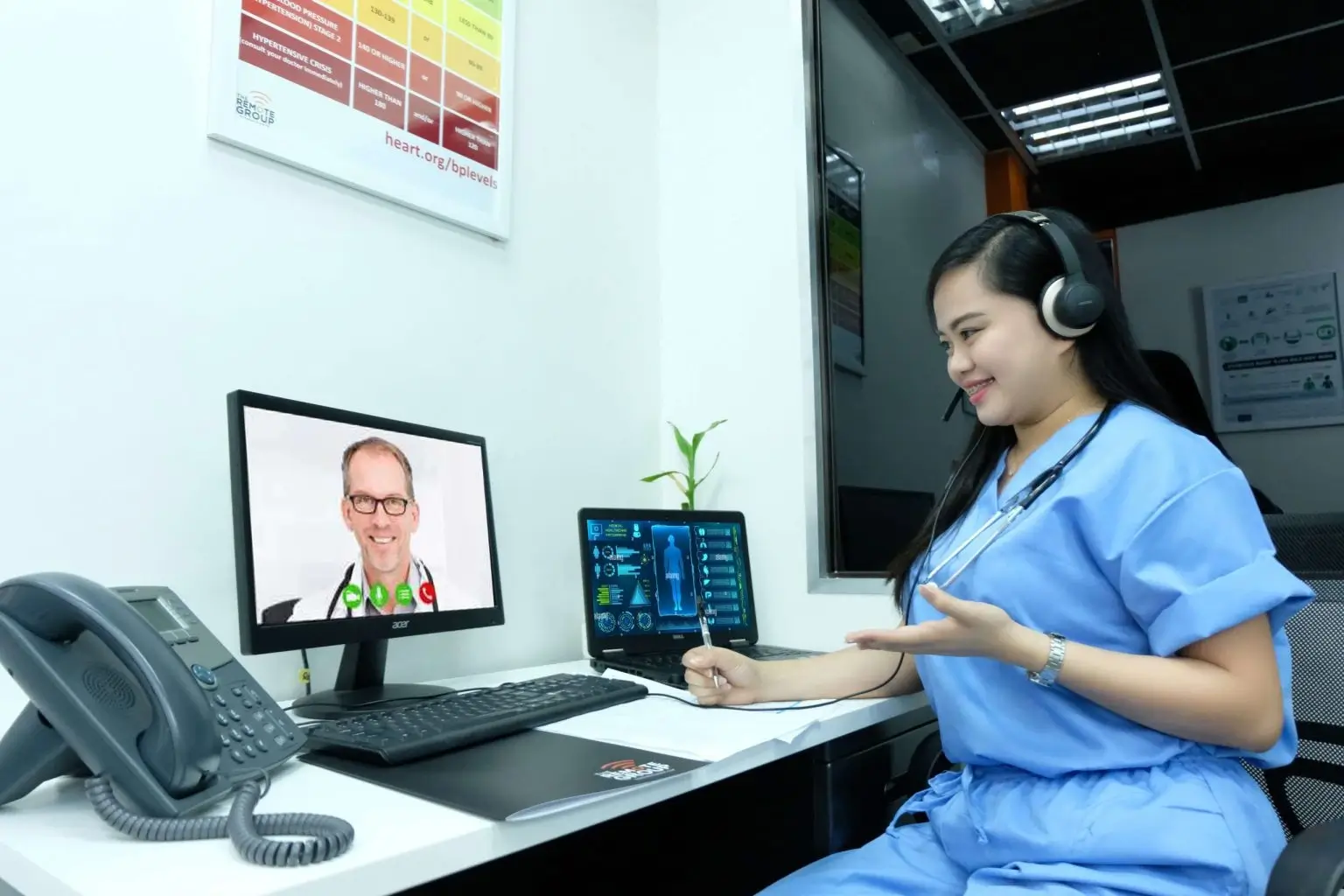
In the heart of the Philippines, the healthcare landscape is undergoing a remarkable transformation, embracing the wonders of modern technology. Among the many innovations, virtual assistants stand out as unsung heroes, quietly revolutionizing the way healthcare is delivered.
These digital companions are not just tools; they are indispensable allies, streamlining processes, improving patient care, and adding a touch of efficiency to the healthcare sector. Let’s delve into the evolving role of virtual assistants in the Philippines’ healthcare journey.
Table of Contents
A Helping Hand in Administration

Source: mymountainmover.com
Picture this: a bustling healthcare facility in the Philippines, where doctors and nurses are tirelessly working to provide quality care. In the midst of this, virtual assistants step in as reliable aides, easing the administrative load on healthcare professionals. From handling scheduling tasks to organizing patient information, these electronic assistants alleviate the workload, enabling caregivers to concentrate on their primary role – providing optimal care to patients.
Armed with natural language processing skills, virtual assistants smoothly handle appointment bookings, cancellations, and reminders. This not only creates a seamless workflow for healthcare providers but also enhances the overall experience for patients. There are many successful examples such as Virtual Assistant Philippines. By automating mundane administrative tasks, the virtual assistant contributes to a more organized and efficient healthcare system in the Philippines.
Bridging Gaps with Remote Patient Monitoring
In the archipelagic beauty of the Philippines, reaching healthcare facilities can be a challenge, especially in remote areas. Virtual assistants step in as bridges, enabling remote patient monitoring. By utilizing wearable devices and interconnected sensors, individuals can transmit essential health information directly to their healthcare providers in real-time.
Imagine an individual dealing with a chronic condition; with the assistance of a virtual aide, they can keep track of their blood pressure, glucose levels, or heart rate. The collected data is securely transmitted to healthcare professionals, empowering them to make informed decisions about the patient’s care plan. This not only improves access to healthcare but also enables individuals to take an active role in managing their well-being.
A Symphony of Communication

Source: worldpharmatoday.com
In the diverse cultural tapestry of the Philippines, effective communication is key to quality healthcare. Virtual assistants act as coordinators, facilitating smooth communication among healthcare providers, patients, and various stakeholders. Multilingual capabilities address language barriers, ensuring that everyone is on the same page.
Beyond language, virtual assistants play a crucial role in disseminating essential health information, appointment details, and medication reminders. This is a game-changer for patients facing challenges in accessing healthcare facilities due to transportation issues or other constraints. By fostering improved communication, virtual assistants contribute to a more patient-centric healthcare system.
Embracing Telemedicine with Compassion
The rise of virtual assistants has become a beacon in the growth of telemedicine, especially in the challenging times of the COVID-19 pandemic. In the Philippines, where access to healthcare services is a lifeline, virtual assistants have paved the way for widespread adoption of telemedicine practices. Patients can now consult healthcare professionals remotely, reducing the need for physical visits to hospitals or clinics.
Virtual assistants assist in scheduling virtual appointments, securely transmitting medical records, and even aiding in preliminary assessments through symptom-checking algorithms. This not only enhances the efficiency of healthcare delivery but also minimizes the risk of disease transmission, a critical consideration in the ongoing battle against infectious diseases.
Safeguarding Trust: Data Security and Privacy:

Source: ihf-fih.org
As the healthcare sector embraces the digital era, concerns about data security and patient privacy take center stage. Well-crafted virtual assistants conform to rigorous security standards and protocols. In the Philippines, a country where data protection laws are becoming more prominent, these virtual assistants play a crucial role in upholding the confidentiality and integrity of patient information.
Healthcare providers can leverage advanced encryption techniques and secure data storage systems, building a fortress to safeguard sensitive patient data. This instills trust among patients and healthcare professionals alike, fostering a secure environment for the adoption of digital healthcare solutions.
In Closing
In the unfolding narrative of the Philippines’ healthcare story, virtual assistants emerge as compassionate allies, streamlining administrative tasks, enabling remote patient monitoring, improving communication, embracing telemedicine, and ensuring data security and privacy. As the country faces challenges related to healthcare accessibility, the integration of virtual assistants paints a promising picture – a future where healthcare is not just efficient but also deeply human, patient-centric, and technologically advanced. The ongoing dance between artificial intelligence and healthcare technology signals a brighter tomorrow for the healthcare landscape of the Philippines.







